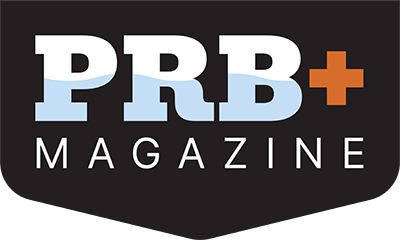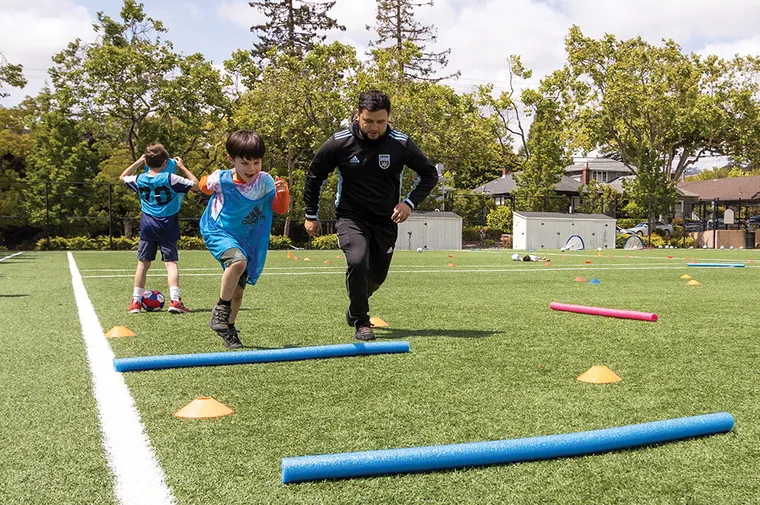How the City of Piedmont’s latest program provides inclusive experiences for neurodiverse children and families
The City of Piedmont Recreation Department (PRD) believes that recreation is for everyone. Creating Sidekicks in 2021 was crucial in addressing a significant gap in services for the local neurodiverse community.
Sidekicks is an adaptive program of after-school and weekend classes during the school year and camps throughout the summer. The program’s initiatives are exclusively designed for neurodiverse kids ages 4-15. Everyone deserves to feel a sense of belonging. The program has resonated with residents by honoring the following principles: inclusivity and accessibility, thoughtful design, collaboration with experienced and passionate experts, community engagement, feedback and adaptation, and sustainable growth.


